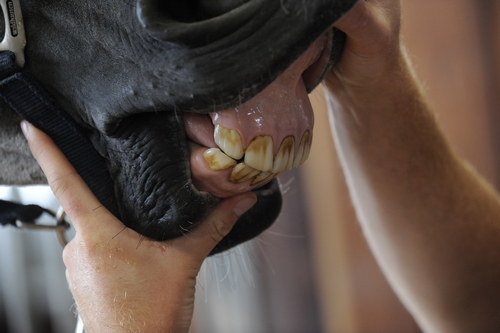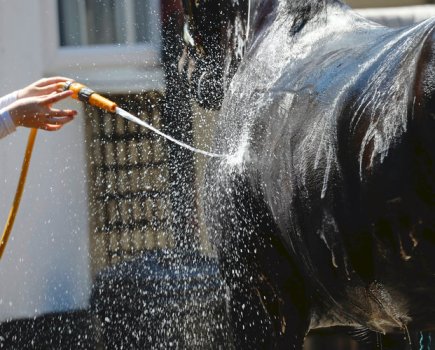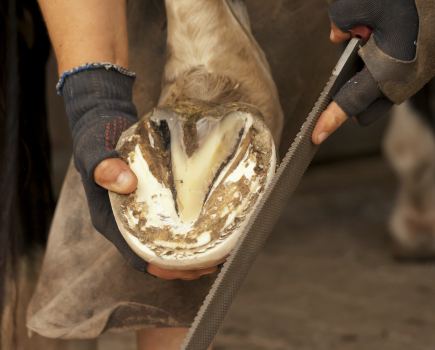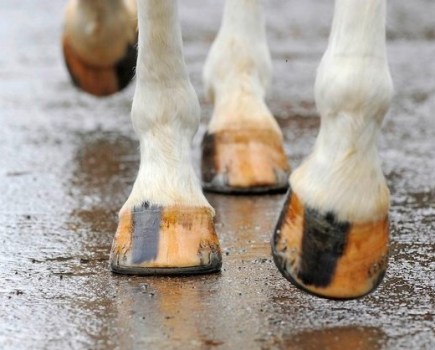Equine teeth have evolved to allow the effective intake, sorting and chewing of grass and forage for between 15-18 hours per day. With such a vital job to do, it’s clear that good dental care is essential for horses of all ages, but particularly for those who are advancing in years.
In this article, vet Linda Greaves shares some of the most pressing dental concerns you should be aware of for your veteran horse or pony.
Many painful dental conditions develop without obvious clinical signs and, if left unidentified and untreated, they can result in chronic pain and behavioural changes, as well as the more obvious clinical signs of ‘quidding’ (dropping feed), a lack of appetite and weight loss.
Delayed identification and treatment of dental disease may result in the progression of the issue which may then become more problematic, time-consuming and expensive to treat.
Common dental conditions in older horses
There are multiple dental conditions that can affect older horses, but the most common ones are:
1. Sharp enamel points
The cheek teeth don’t always wear down evenly, resulting in the formation of sharp edges, hooks and points. These can cause ulcers and lacerations to the surrounding soft tissue. Such sharp points are usually found on the outside of the upper cheek teeth and the inside of the lower cheek teeth.
2. Dental overgrowths
This is where a tooth or part of a tooth doesn’t have an opposing surface to grind against when the horse chews, so that it erupts too much. This is usually seen when the opposing tooth has been lost.
3. Diastema
This is the medical term for a space between two adjacent teeth. Some horses may have spaces between multiple teeth, which is known as diastemata.
If a diastema develops between two teeth, food will be forced into the gap which then decays, causing a foul smell, infection and inflammation of the surrounding gum (periodontal disease), as well as severe pain.
4. Periodontal disease
This is an inflammatory condition affecting the gums and supporting tissues surrounding the teeth. The main cause is thought to be mechanical damage due to food becoming impacted and trapped around the teeth and gums.
However, other causes include genetics, systemic disease, poor diet and malocclusion (the imperfect positioning of teeth). Periodontal disease is one of the most painful conditions that can occur in a horse’s mouth.
5. Fractured teeth
Often this is the result of a trauma or unknown cause. In some cases, a fractured tooth can lead to sinusitis.
6. Loose or missing teeth
Teeth can become loose, and must be removed as they are painful and can lead to infection.
7. Equine Odontoclastic Tooth Resorption and Hypercementosis (EORTH)
This is a newly recognised and painful condition that affects both the incisors and the canine teeth of horses typically over the age of 15. The most common sign reported by owners is a reduced ability to grasp apples and carrots with their front teeth.
Cushing’s disease
If your horse has recurrent dental problems it may be worth asking your vet about Cushing’s disease. This condition affects approximately one in five horses over the age of 15. It predisposes them to recurrent infections and can make any present dental disease worse.
Linda Greaves BVetMed BSc CertAVP MRCVS graduated from the Royal Veterinary College. She has a keen interest in all aspects of equine dentistry and dental surgery.









